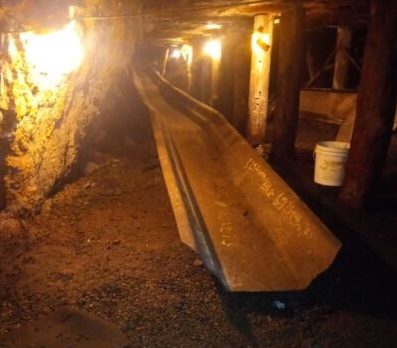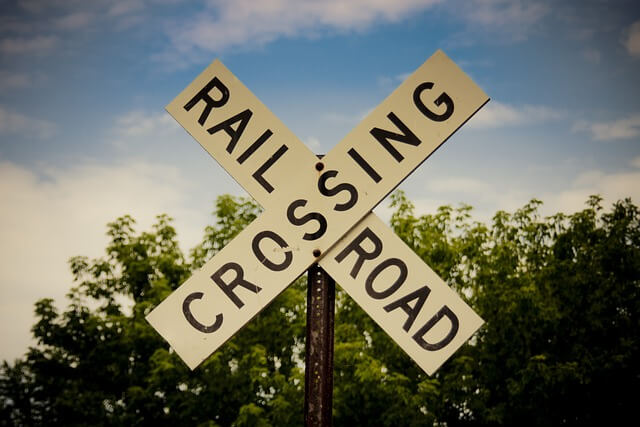Most of us are familiar with Firemen/Fire Station field trips, especially since it helps us meet that annual Pennsylvania requirement for fire safety. But there are lots of other public service jobs that make great field trips. Your local EMS, Police and even 911 Center are all amazing resources. They can help your younger student understand how your community works and get them more comfortable with those who are there to help us when we are in need. (And, although we don’t often think of these places for our high school students, they are still a wonderful resource, especially when the public servants answer questions like “What kind of education is needed to do your job?”.)
Then there are the public services which may be better suited to middle school students or older, such as your representatives, your local courthouse and your county prison – it was an “eye-opener” when my children saw how restrictive and crowded the prison living conditions were!
I thought we had exhausted all the field trips to public service jobs, but then we discovered two unexpected gems. We were studying Forensic Science one year, and I made a few phone calls. (Believe it or not, I am actually an introvert – just not when it comes to finding field trips for my kiddos.) Much to my surprise – and joy – both places were willing to accommodate us. So, I contacted some friends and we took our eight children – ranging from PreK thru 5th grade – on a Forensics Road Trip.
First, we met with some Pennsylvania State Troopers who were with the Forensics Science Unit. They talked about crime scene integrity, what types of evidence they collect and some of their experiences. They shared how they make casts of shoe prints and even demonstrated lifting fingerprints off a glass. Then, much to the students’ delight, they fingerprinted each one of them. That souvenir went into every one’s portfolio – guaranteed! They talked about the importance of making good choices – now – so the children didn’t have to live in the shadow of their bad-choice consequences. They also showed us their facial recognition software and allowed the children to attempt to recreate one of the officers they had met briefly earlier in the day. The children didn’t do too bad of a job, but it quickly helped them understand how difficult it is to remember details when you are not expecting to need them.
Next, we took a trip to the local county coroner. I know what you are thinking, because I was feeling the same way (I cannot believe I was stupid enough to set this up! I’m going to be so grossed out by the time we’re done here.). However, it was one of the most interesting field trips we have ever done!
We saw a gurney full of equipment that we had only ever seen used on crime shows: crime scene tape, evidence markers, suits w/ booties to protect the scene from contamination, death certificates, and many other cool things. I did not know that, since the local coroners were elected by the public, they did not have to be licensed medical examiners. Therefore, they do not do autopsies. There are Medical Examiners (MEs) at various locations throughout our Commonwealth, and any autopsy that needs done gets transported to one of those facilities. For example, an autopsy from south-central PA, where I live, travels up to State College. The local coroner’s job is to officially pronounce the subject as deceased and to determine the cause of death from an external examination.
The children – and the adults – learned that there are only 5 causes of death that can legally be put on a death certificate in PA. And that there are 3 different types of body bags – once you know what they are, it makes total sense. (I’m intentionally not giving you more information so you can challenge your students to learn these answers when you do your own field trip to a coroner.
But the highlight of the day, for our boys anyway, was when they got to stand inside the body cooler! (For some reason the girls were not as impressed.)
These two field trips helped make our Forensics Unit Study one of our family’s favorites!



